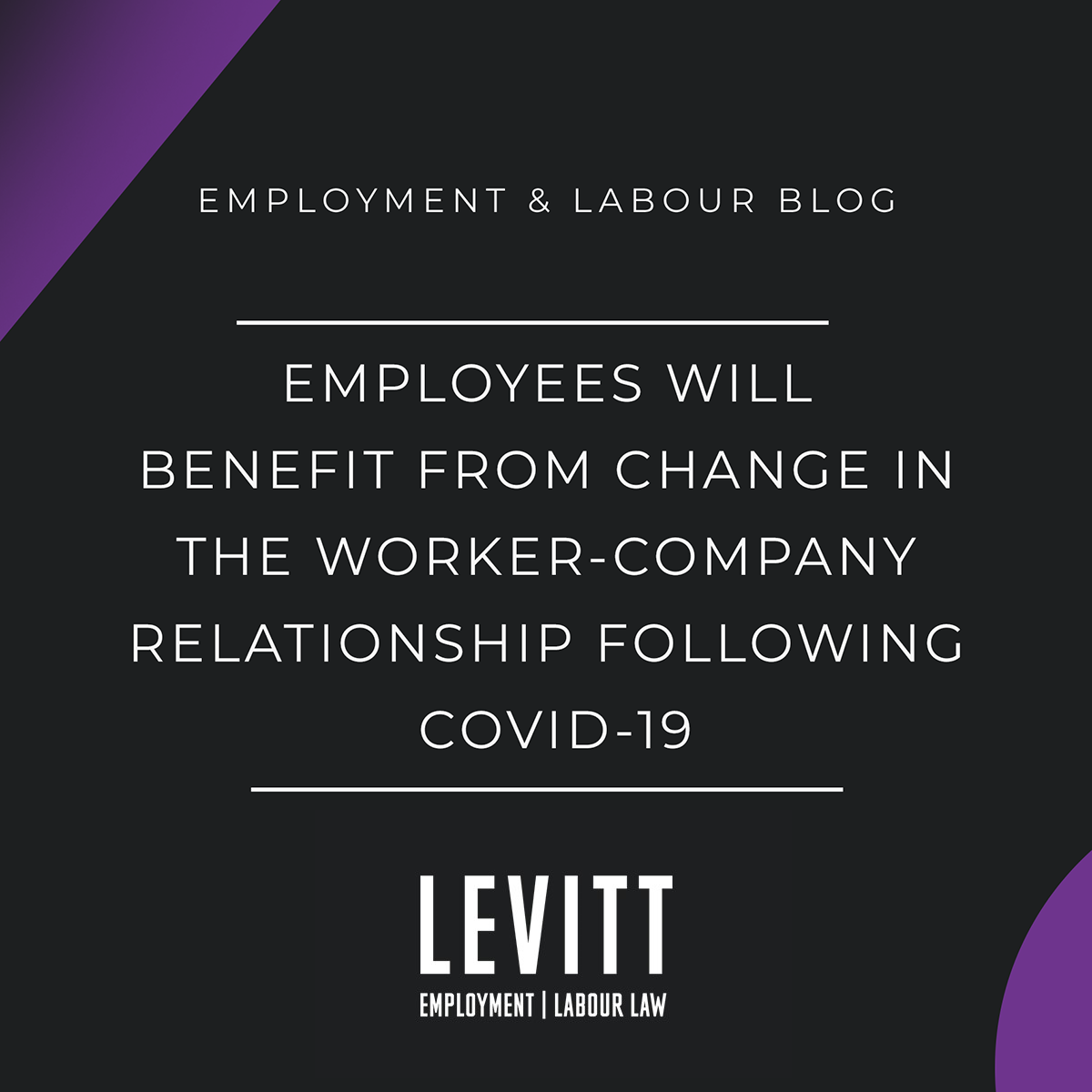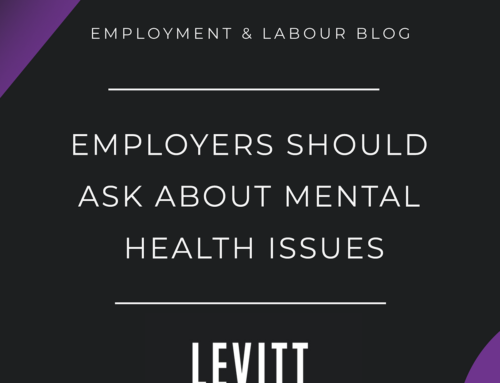Canadians are eager to recreate the normalcy of their pre-pandemic lives. With the circulation of vaccines improving, these dreams are poised to become a reality sooner rather than later. While this is all well and good, the question remains: What do these changing circumstances have to do with employment law?
Once the economy re-opens, there will be an incoming burst of spending which will, in turn, create jobs. Preceding the negative economic effects brought on by COVID-19, Canada will begin to enjoy a full-employment economy. With job opportunities to be in surplus, those seeking work with even the most minimal of qualifications could find themselves fielding job offers all over the country. All business sectors are expected to prosper with the trillions of dollars projected to enter the economy fuelled by the strength of consumer demand.
Employees with wrongful dismissal cases will benefit from mitigating their losses to the detriment of their lawyers. Employers will take a new and highly cautious approach to handle matters of public health. Many will require vaccinations to meet the demands of their employees and avoid the risk of lawsuits from anyone getting sick in their offices or stores. If vaccinations are recommended by public health, the courts will be receptive to that argument, motivating employers to ensure that their policies abide by this recommendation.
Conflicts will undoubtedly arise as returning to the workplace becomes viable. Some low-income employees will put off their return while government programs remain available. It is expected that many employees will wish to continue working from home and resist the demands of their employers. If the employer requires workers to return in person and they refuse, they may be terminated.
In the legal world, many employment lawyers have used 2020-2021 to launch their own virtual shops. It will remain to be seen if the brick-and-mortar methods of in-office infrastructure will prevail., The economy may see a shift toward more independent contractors and consultants operating remotely more than ever before.
As a result of forced remote work, employees and employers have not had physical human contact in quite a while. The longer this persists, the less loyalty either group will have to the other. This separation will result in more greedy decisions being made regarding matters of terminations and resignations.
It is equally important to recognize that, compared to the U.S, Canada is extremely far behind in its vaccination distribution and in returning the economy to pre-pandemic levels. If American factories are up and running before ours are, they may be in the position to take a significant portion of the market share that Canadian companies held in the past. This will not only make us less competitive but have potentially disastrous results if our exporting companies are late to the reopening trade opportunity. This sector of our economy may fall permanently behind, threatening an otherwise incredibly successful recovery.
Contact Levitt LLP When Losing is Not an Option.






